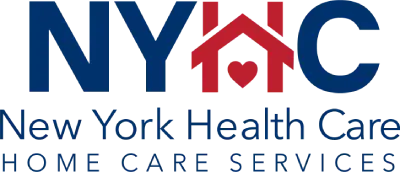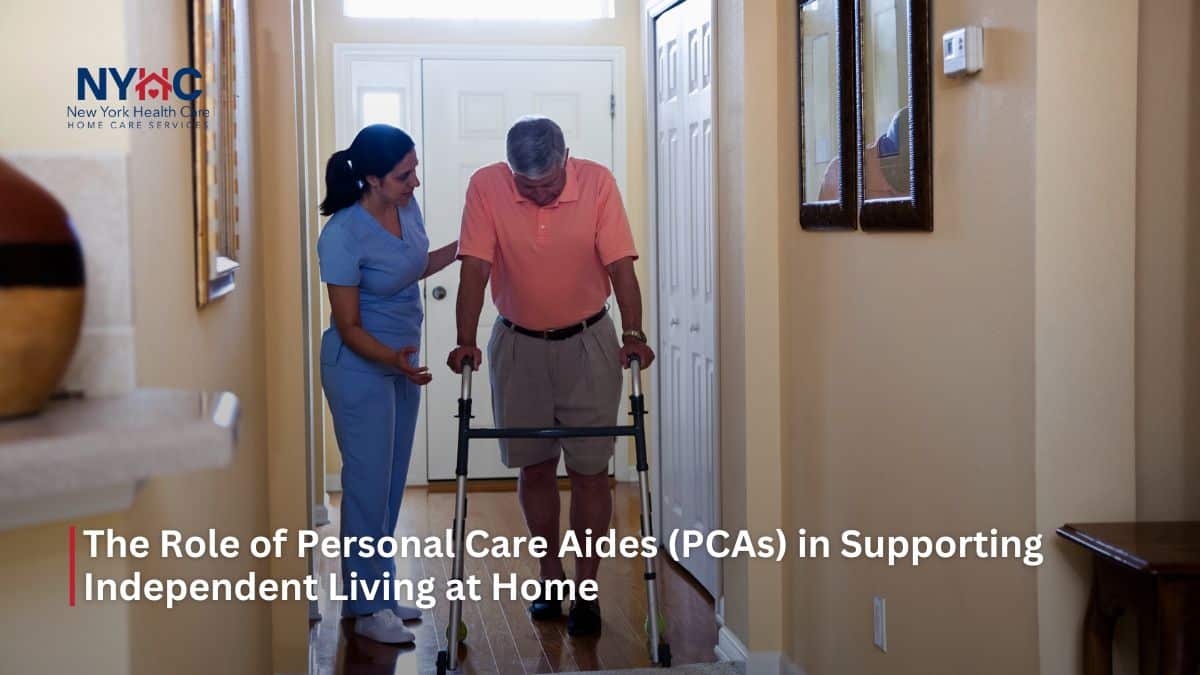As the demand for home-based care continues to grow in New York and across the country, Personal Care Aides (PCAs) have become a vital part of the health and long-term care system. These caregivers provide essential, non-medical support to individuals who are elderly, disabled, or managing chronic conditions—helping them maintain independence, dignity, and safety at home.
Who Are Personal Care Aides (PCAs)?
A Personal Care Aide is a trained caregiver who assists individuals with daily living activities that may have become difficult due to age, illness, or disability. Unlike nurses or home health aides, PCAs do not provide medical care. Instead, they focus on supportive, hands-on assistance that enables clients to live comfortably and safely at home.
PCAs often work through licensed home care agencies and are supervised by nurses who ensure that services meet each client’s unique needs.
Core Responsibilities of a PCA
PCAs provide a range of services, including but not limited to:
- Personal hygiene assistance (bathing, grooming, dressing)
- Meal preparation and assistance with eating
- Light housekeeping (laundry, dishes, tidying the living space)
- Mobility support and help with getting in and out of bed or chairs
- Companionship and social engagement
- Monitoring for changes in behavior or condition, and reporting concerns to supervisors
While their tasks are non-clinical, PCAs often play an important role in helping clients avoid unnecessary hospitalization or institutional care by supporting daily needs consistently and attentively.
Training and Oversight
In New York State, PCAs must complete a state-approved Personal Care Aide training program, which includes instruction in:
- Infection control and personal safety
- Nutrition and meal planning
- Communication and observation skills
- Assistance with mobility and transfers
- Client rights and ethical care
Training ensures that aides are prepared to provide high-quality care while maintaining a respectful and professional relationship with clients.
Why PCAs Matter in Home Care
Promote Independence
With the help of a PCA, many individuals can continue living in their homes rather than transitioning to a nursing facility. PCAs provide just the right amount of support to allow clients to manage their lives with dignity.
Relieve Family Caregivers
PCAs offer reliable support that allows family caregivers to rest, work, or focus on other responsibilities reducing the risk of caregiver stress or burnout.
Improve Daily Life and Routine
Consistent assistance with meals, hygiene, and mobility leads to improved physical health, better nutrition, and greater emotional well-being.
PCAs in the Broader Health System
PCAs are essential to the home care ecosystem. They often act as the “eyes and ears” in the home, alerting supervisors or family members to changes in a client’s condition, behavior, or needs.
In doing so, PCAs contribute to preventive care, reducing unnecessary emergency visits and hospital admissions.
Personal Care Aides are a vital part of home-based care in New York. Their work supports older adults and individuals with disabilities in maintaining a safe and dignified life at home. As the population ages and more people choose to age in place, the need for trained, compassionate PCAs will continue to grow.
Understanding their role and investing in their development is key to building a sustainable, client-centered home care system.

